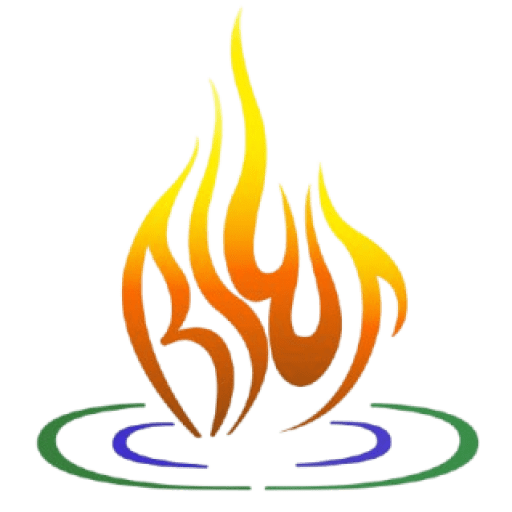HISTORY
A conscious policy of isolation complemented by formidable geographical barriers has enabled the Kingdom to maintain its independence throughout its history. The chronicled history of the Kingdom, however, begins with the advent of Buddhism in the eighth century.
In 747 A.D., the Buddhist sage Padmasambhava, popularly revered in Bhutan as Guru Rimpoche or the Precious Master, visited the country and introduced Buddhism. Since then, Buddhism has played a dominant role in shaping social, political, economic and cultural ethos of the country. In the centuries that followed, Lamas or Buddhist teachers and local nobility established their own separate domains throughout the country.
In the 17th century, Shabdrung Ngawang Namgyal (1594-1652), a leader of the Drukpa Kargyu School of Buddhism unified power and established the Chhoesi system of governance, whereby the temporal and religious authority were separated and vested in the Druk Desi (Temporal Head) and Je Khenpo (Spiritual Head) respectively. By the end of the 17th century, Bhutan emerged with a distinct political and cultural identity, with an unprecedented degree of political stability.
During the second half of the 18th century, Bhutan witnessed a resurgence of political instability. The unity of the country was affected by internal disputes and external threats in the latter half of the 19th century added a new dimension to the political quandary. It was against this background that a need for strong leadership emerged.
Peace and stability were restored with the enthronement of the first hereditary king of Bhutan His Majesty King Ugyen Wangchuck (1907-1926). All the members of the Lhengye Tshog, the central Monk Body, Penlops, Dzongpoens, and other government officials signed the Oath of Allegiance in Punakha Dzong on 17 December 1907. The establishment of the Monarchy ushered in an era of peace and stability and most significantly unified the country under a central authority. The institution of Monarchy is highly revered in the country as successive Kings have led Bhutan from an era of an isolated and backward country to modern nation state.

